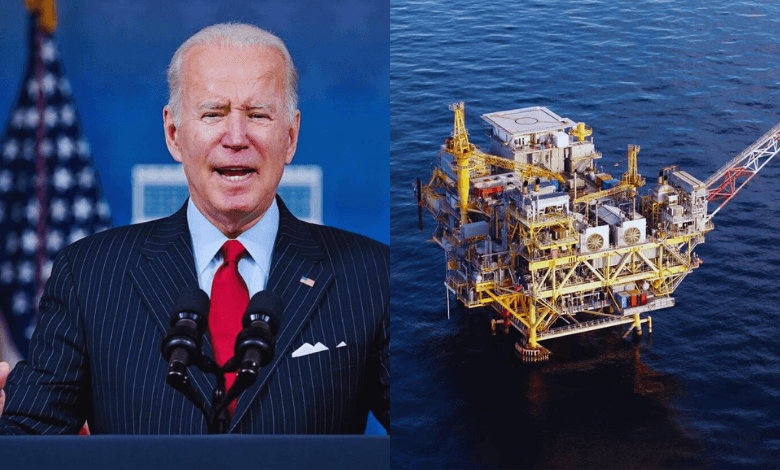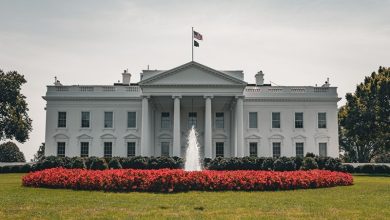Biden Administration’s Offshore Oil and Gas Leases: A Critical Analysis

Recently, the Biden administration disclosed a plan to sell up to three offshore oil and gas leases over the following five years, which drew criticism from environmentalists.
Although the move represents the lowest amount of lease sales since 1980, it is viewed as going against President Biden’s commitments to combating climate change. The plan’s specifics, its effects on the environment, and the conflicting viewpoints around it are all covered in depth on this page.
Overview of the Biden Administration’s Plan
Three offshore oil and gas leases in the Gulf of Mexico may be sold as part of the plan in 2025, 2027, and 2029. Despite having offered the fewest lease deals since the program’s inception in 1980, the strategy has come under fire since it’s committed to continuing oil production, which is a major factor in climate change.
The rebuke from climate activists
In light of the plan to increase oil production and President Biden’s assertion that climate change is an existential menace, environmentalists are scared. The plan’s emphasis on oil extraction runs counter to the administration’s pronounced commitment to halting global warming and switching to clean energy.
Legislative Elements That Affect the Plan
The Inflation Reduction Act of 2022 is crucial in forming the strategy. By connecting offshore wind leases and oil lease sales, the act’s provisions underscore the complex political factors that influence energy policies and environmental choices.
Climate Goals and the Effect
Despite the administration’s reliance on offshore wind to carry out its climate targets, critics claim that the plan wasted a significant opportunity to reduce future oil and gas production. Concerns regarding the planned plan’s effectiveness in reducing the effects of climate change are made worse by the U.S.’s significant contribution to global oil and gas production.
Environmental and Social Consequences
The new leasing strategy is criticized for its possible negative effects on coastal populations and marine habitats. The sustainability and long-term effects of the proposed offshore leases are under scrutiny because of worries about oil spills and their effects on the environment and human life.
Public Response and Prospects
Those who support environmental justice and the impacted communities speak out against the plan, highlighting the need to put people’s lives and the environment’s well-being ahead of business interests.
Future possibilities are considered as a key component, including the role of Congress in assessing the plan and its ability to influence legislative changes.
ALSO READ: The Indian Ocean and Climate Change
The delicate balancing act between environmental commitments, profitable factors, and political dynamics is reflected in the Biden administration’s coastal oil and gas leasing offer.
The plan, which has drawn criticism for its potential to worsen environmental risks and climate change, highlights the need for a more comprehensive and sustainable approach to energy regulations that’s in line with the critical need to battle climate change.



